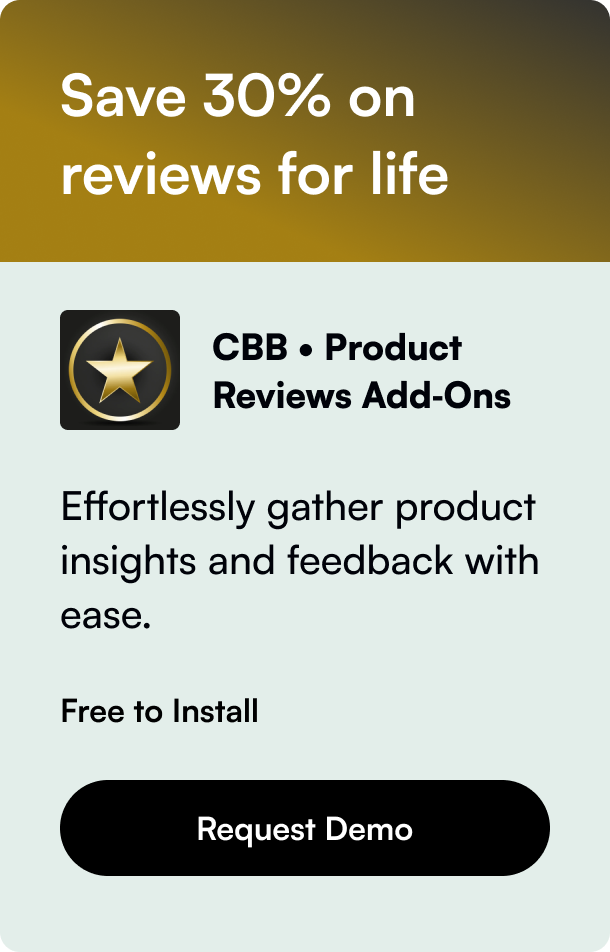Table of Contents
- Introduction
- Understanding Shopify's Growth Trajectory
- Marketing Strategies that Define Shopify's Success
- Engaging with the Community and Fostering Connections
- Conclusion
Introduction
Have you ever wondered how Shopify, initially just a platform to sell snowboarding equipment, transformed into a colossal e-commerce solution powering millions of businesses worldwide? The secret sauce lies in how Shopify markets itself. Initiating as a straightforward solution for an immediate need, Shopify didn't just stop at solving its founders' problem. It leaped forward, reimagining the realm of online commerce. This guide delves deep into the strategies and approaches Shopify employs to market itself, emphasizing its innovative solutions and user-centric ecosystem.
Understanding Shopify's Growth Trajectory
Shopify's inception is a classic example of innovation born out of necessity. Discontent with existing e-commerce platforms, its founders built Shopify to address their own need for a robust, user-friendly online store. Little did they know, this solution would burgeon into a leading global commerce platform. Today, Shopify is not merely a tool for setting up online stores but a comprehensive ecosystem empowering businesses of all sizes to sell online, in-person, and everywhere in between.
Marketing Strategies that Define Shopify's Success
Emphasizing Ease of Use and Accessibility
From the get-go, Shopify positioned itself as the most accessible and easy-to-use platform for setting up an online store. This core message resonates in its marketing collateral, tutorials, and user interface—making e-commerce less intimidating for novices and efficient for seasoned merchants.
Building a Robust Partner and Developer Ecosystem
Shopify understood early on that to truly scale, it needed to transcend beyond being just a platform; it had to become a thriving ecosystem. By introducing the Shopify Partner Program and the Shopify App Store, it enabled developers, designers, and marketers to contribute to and profit from the platform's growth, creating a win-win scenario for both Shopify and its community.
Leveraging Content Marketing and SEO
Recognizing the power of content, Shopify invests heavily in creating comprehensive guides, tutorials, podcasts, and blogs that not only educate its audience but also rank well in search engines. This approach not only drives organic traffic but positions Shopify as a thought leader in the e-commerce domain.
Championing Customer Success Stories
Shopify's marketing frequently showcases success stories and testimonials from a diverse set of businesses that have thrived using the platform. These stories not only serve as social proof but also inspire prospective users to embark on their own entrepreneurial journeys with Shopify.
Continuous Innovation and Embracing Change
Shopify's agility and openness to change have been crucial in its marketing success. The platform's commitment to continually enhancing features, entering new markets (like POS systems and enterprise solutions with Shopify Plus), and adapting to the evolving e-commerce landscape keep it at the forefront of the industry.
Engaging with the Community and Fostering Connections
Shopify places a strong emphasis on community engagement, running events like Shopify Meetups, Shopify Unite, and the Build A Business Competition. These initiatives not only foster a sense of belonging among Shopify users but also provide valuable insights, networking opportunities, and motivation.
Conclusion
Shopify's marketing is a multifaceted endeavor that intertwines innovation, community engagement, and a steadfast commitment to simplifying e-commerce for everyone. By focusing on user needs, championing success stories, and continuously evolving, Shopify has not only marketed itself effectively but has also redefined the e-commerce landscape. As Shopify continues to grow and expand its horizons, its marketing strategies serve as a playbook for other businesses striving for similar success in the digital space.
FAQ
Q: Can anyone start an online store with Shopify? A: Yes, Shopify is designed to be user-friendly and accessible to anyone looking to start an online store, regardless of their technical expertise.
Q: Does Shopify offer solutions for both small businesses and large enterprises? A: Absolutely, Shopify caters to businesses of all sizes with its range of solutions, from basic plans for startups to Shopify Plus for high-volume merchants and large enterprises.
Q: How does Shopify support its users and merchants? A: Shopify offers 24/7 customer support, extensive documentation, tutorials, community forums, and events to ensure users have all the help they need to succeed.
Q: Can I sell products in person with Shopify? A: Yes, Shopify offers a POS system that allows merchants to sell in person, seamlessly integrating their online and offline sales.
Q: What makes Shopify stand out from other e-commerce platforms? A: Shopify's ease of use, comprehensive ecosystem, continuous innovation, and strong community engagement set it apart from other e-commerce solutions.








